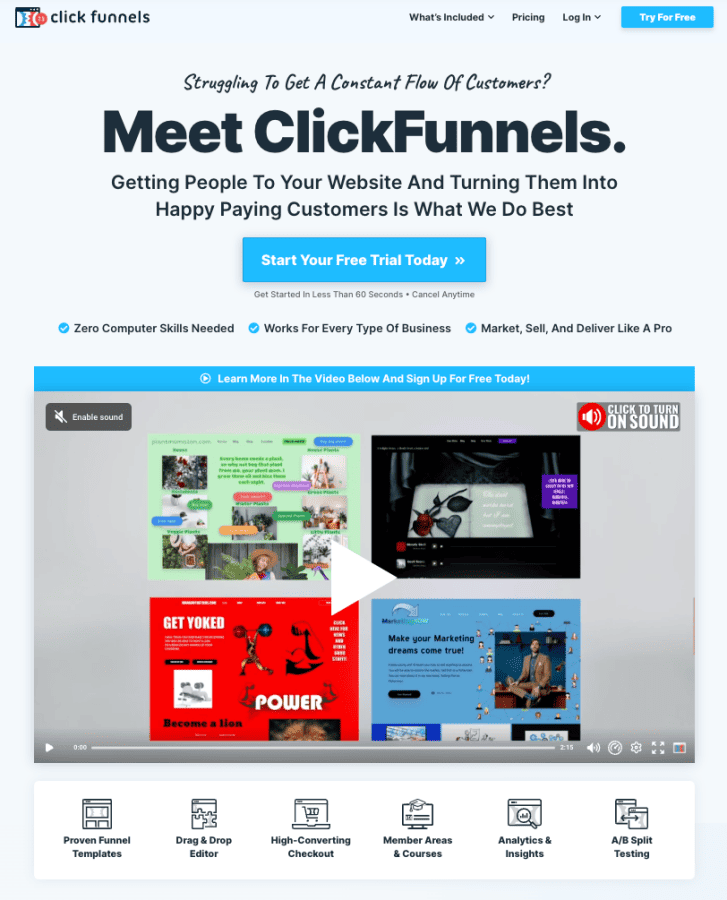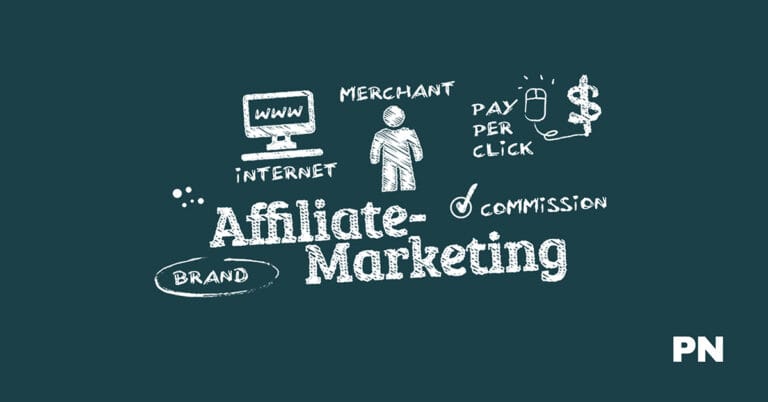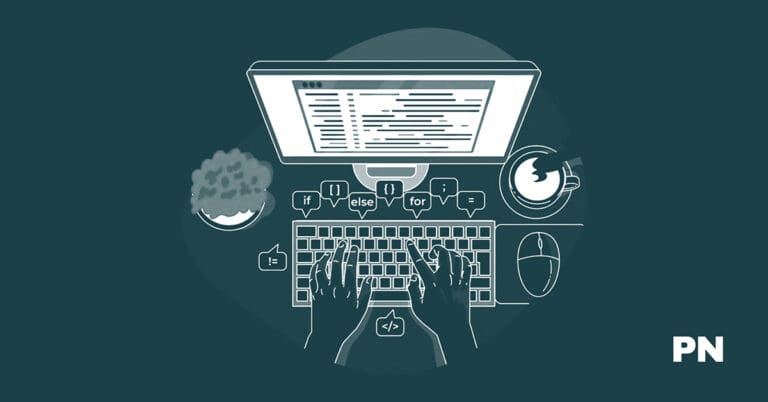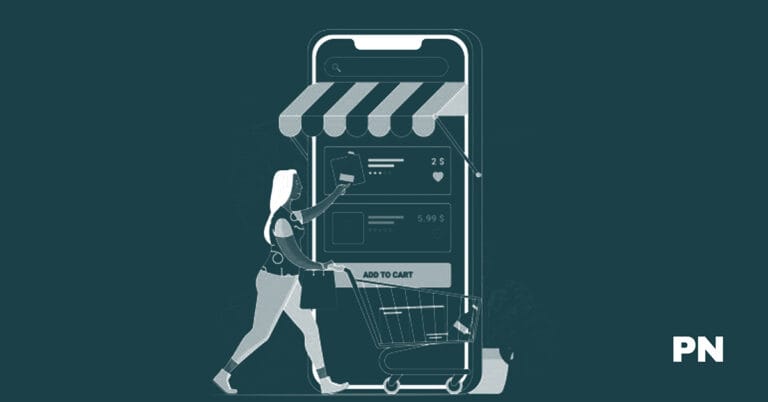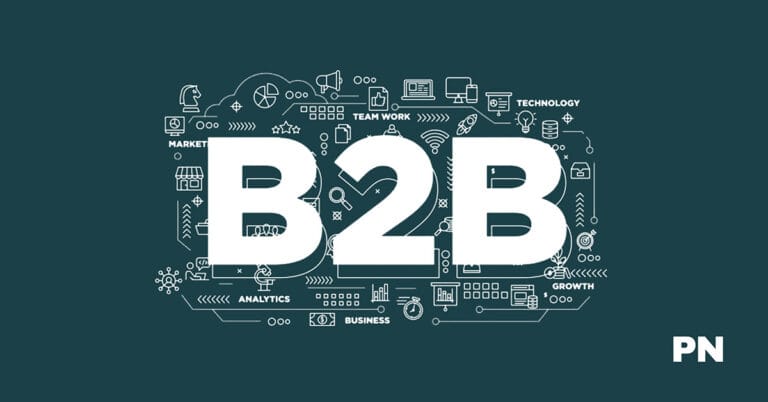Sales Funnel for Restaurants Guide
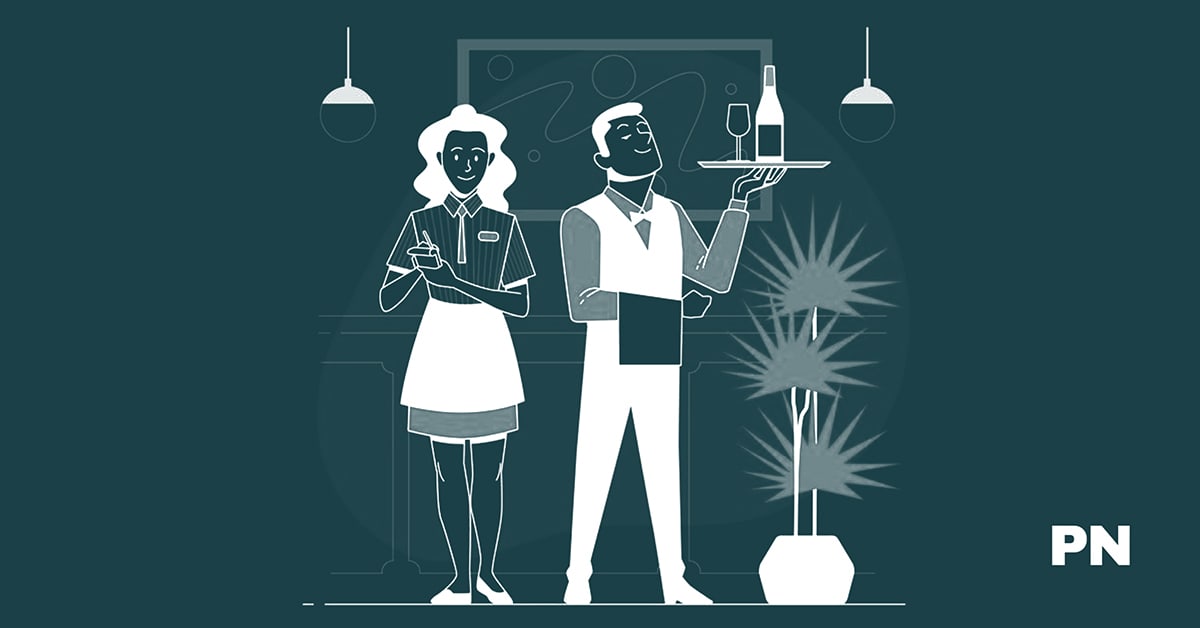
Did you know a sales funnel can be a game-changer for your restaurant’s success?
Contrary to popular belief, a sales funnel isn’t just for online businesses.
Restaurants can use a sales funnel to attract new customers, increase sales, and build a loyal customer base. If you’re unfamiliar with the term, a sales funnel is a marketing strategy that maps out the customer journey from initial awareness to final purchase.
Implementing a sales funnel for your restaurant can help you attract potential customers, nurture their interest, and guide them toward purchasing.
By breaking down the customer journey into stages, you can tailor your marketing efforts to meet their needs and preferences at each stage. This can help you build brand awareness, establish trust, and increase sales.
In this guide, I’ll examine how to create an effective sales funnel for your restaurant. I’ll cover the stages of a sales funnel, the marketing strategies and tactics you can use for each stage, and how to measure your success.
Whether you’re a new restaurant owner or looking to take your business to the next level, a sales funnel can be a powerful tool for achieving your goals.
What is a Restaurant Sales Funnel?

A sales funnel is a marketing strategy that guides potential customers toward purchasing. It involves multiple stages, each designed to move the customer closer to making a purchase.
In the context of a restaurant, a sales funnel is a way to convert website visitors into paying customers.
A restaurant sales funnel aims to increase revenue by guiding potential customers through steps leading to a purchase. The sales funnel is designed to make it easier for customers to make an informed choice by providing the information they need.
A typical restaurant sales funnel might include the following stages:
- Awareness: This is the stage where potential customers become aware of your restaurant. This can be done through various marketing channels, such as social media, email, or advertising.
- Interest: Once potential customers know about your restaurant, they may become interested in what you offer. At this stage, you must provide them with more information about your restaurant and what sets you apart from the competition.
- Consideration: At this stage, potential customers are considering whether or not to visit your restaurant. This is where you need to provide them with more detailed information about your menu, pricing, and other essential details.
- Decision: This is the stage where potential customers decide whether or not to visit your restaurant. You must provide them with a clear call to action, such as a reservation form or a link to your menu.
By guiding potential customers through each sales funnel stage, you can increase their likelihood of purchasing. This can ultimately lead to increased revenue for your restaurant.
Why You Need a Restaurant Sales Funnel?
You might wonder why you need a sales funnel if you are a restaurant owner. The truth is that a well-structured sales funnel can be a game-changer, providing numerous benefits that directly contribute to your restaurant’s growth and success.
Here are some reasons why you need a restaurant sales funnel:
1. Increase Brand Awareness
Building brand awareness and getting your name out there is critical to getting new faces through the door. A sales funnel can help you capture new leads and build a customer base. By guiding potential customers through the buying journey, you can provide them with valuable content and establish your restaurant as a go-to destination.
2. Improve Customer Engagement
A sales funnel can help you engage with your customers and build relationships with them. By capturing their interest and providing relevant content, you can nurture their relationship with your brand, leading to increased loyalty and repeat business.
3. Boost Sales
A well-structured sales funnel can help you increase your sales. By guiding potential customers through the buying journey, you can provide them with the information they need to purchase. This can lead to increased conversions and revenue for your restaurant.
4. Streamline Marketing Efforts
A sales funnel can help you streamline your marketing efforts. By focusing on the most effective channels and tactics, you can optimize your marketing budget and maximize your ROI. This can help you achieve your marketing goals more efficiently and effectively.
Stages of the Restaurant Sales Funnel
Regarding the restaurant sales funnel, there are several stages that potential customers go through before making a purchase. Understanding these stages and how to optimize them can help you attract and retain customers.
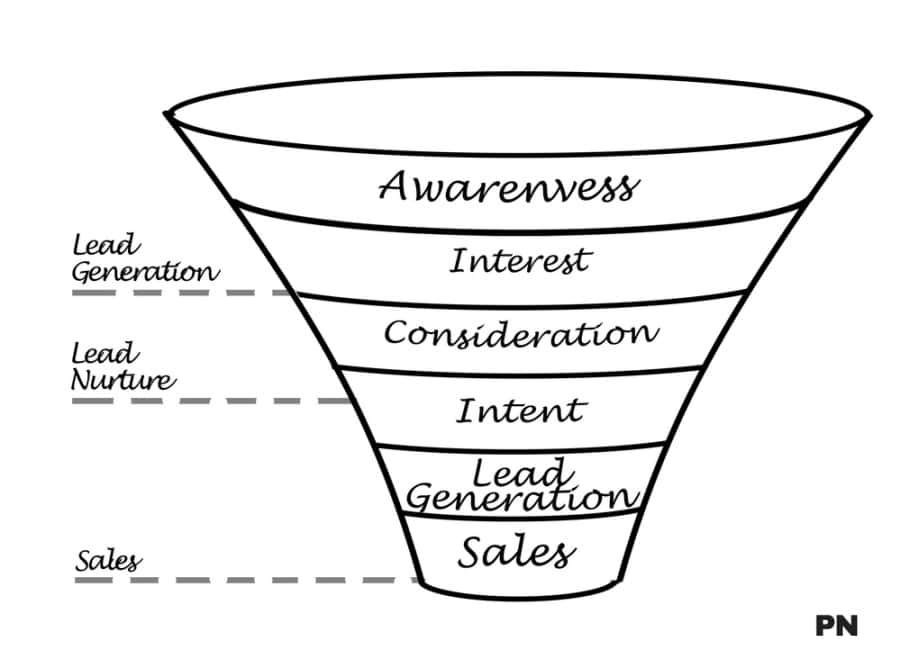
Below are the stages of the restaurant sales funnel:
The Awareness Stage (Top of the Funnel, TOFU)
This is the first stage of the restaurant sales funnel. At this stage, potential customers become aware of your restaurant and what you offer. They may come across your restaurant through social media, online reviews, or word of mouth. Your goal at this stage is to capture their attention and make them aware of your brand.
One way to do this is by creating a solid online presence through social media, online directories, and search engines. You can also offer promotions or discounts to encourage potential customers to visit your restaurant.
The Consideration/Evaluation Stage (MOFU)
At this stage, potential customers have shown interest in your restaurant and are considering whether to dine. They may be comparing your restaurant to others in the area, reading reviews, or checking out your menu.
Your goal at this stage is to provide them with more information about your restaurant and convince them that it is the best choice. You can do this by offering detailed information about your menu, highlighting your unique selling points, and showcasing positive reviews.
Purchase Stage (Bottom Of The Funnel)
This is when potential customers finally purchase and dine at your restaurant.
Your goal at this stage is to provide them with a memorable dining experience that exceeds their expectations. You can achieve this by providing excellent customer service, offering high-quality food and drinks, and creating a welcoming atmosphere.
Post-Purchase Stage
After customers have dined at your restaurant, it is essential to follow up with them and encourage them to leave a positive review or provide feedback. This can help you improve your restaurant and attract new customers.
Repeat Purchase Stage
The ultimate goal of the restaurant sales funnel is to turn one-time customers into repeat customers. By providing excellent service, quality food, and a memorable experience, you can encourage customers to return and become loyal restaurant patrons.
The restaurant sales funnel is a powerful tool for attracting new customers and building long-term relationships with them. By understanding the sales funnel stages and providing valuable content and excellent customer service, you can grow your business and achieve long-term success.
How Do I Create a Restaurant Sales Funnel?
Creating a sales funnel for your restaurant may seem daunting, but it’s quite simple.
Here are the steps you need to follow:
- Define Your Target Audience: Understanding your target audience is crucial in creating an effective sales funnel. Identify your ideal customers, what they value in a dining experience, and how they decide. This information will guide your marketing strategies and help you attract the right customers.
- Create Awareness: Once you have identified your target audience, create awareness about your restaurant. Use social media, email marketing, and local advertising to reach potential customers. Offer promotions and discounts to incentivize them to visit your restaurant.
- Capture Leads: Once you have created awareness, capture leads by offering value in exchange for their contact information. This could be a free appetizer or dessert, a recipe book, or a discount on their next visit.
- Nurture Leads: Once you have captured leads, nurture them by providing valuable content and offers. This could be a monthly newsletter, special promotions, or exclusive events.
- Close the Sale: Once you have nurtured your leads, closing the sale is time. Make it easy for them to make a reservation or order online. Offer convenient payment options and ensure your staff is trained to provide excellent customer service.
Each step in the sales funnel is essential in attracting and retaining customers. By following these steps, you can create a successful sales funnel for your restaurant and increase your revenue.
What is The Best Funnel Software for Restaurants?
When choosing the best sales funnel software for your restaurant, you want a platform that is easy to use, customizable, and offers features tailored to your business’s needs. ClickFunnels is an excellent choice for restaurants looking to build their sales funnels quickly and efficiently.
ClickFunnels offers a range of restaurant-specific features that make it stand out from other funnel software options.
Here are some of the features that make ClickFunnels the best sales funnel software for restaurants:
- Upsells and Downsells: ClickFunnels makes it easy to add upsells and downsells to your funnel, allowing you to increase revenue and profits by offering customers additional products or services at checkout.
- Free Funnel Templates: ClickFunnels offers a range of free funnel templates specifically designed for restaurants. These templates can help you get started quickly and easily without the need for technical expertise.
- Shopping Cart and Checkout: ClickFunnels offers a built-in shopping cart and checkout system, making it easy for customers to purchase your products or services directly from your funnel.
- CRM and Analytics: ClickFunnels offers a range of CRM and analytics tools that allow you to track customer behavior, monitor sales, and optimize your funnel for maximum performance.
- Loyalty Program: ClickFunnels offers a loyalty program feature that allows you to reward customers for their loyalty, encouraging repeat business and building customer loyalty over time.
Frequently Asked Questions
What is a funnel in the restaurant business?
A sales funnel is a marketing strategy that restaurants can use to attract potential customers and guide them through a series of steps that ultimately lead to a purchase. The funnel visualizes the customer journey, typically involving several stages, from awareness to consideration to conversion.
What are the key stages in developing a restaurant sales funnel?
The key stages in developing a restaurant sales funnel are:
- Awareness: This is the stage where potential customers become aware of your restaurant’s existence and what it offers.
- Interest: At this stage, potential customers are interested in what your restaurant offers and are considering whether or not to visit.
- Decision: This is the stage where potential customers decide whether or not to visit your restaurant.
- Action: This is the stage where potential customers take action and visit your restaurant.
How do you create an effective restaurant sales funnel?
To create an effective restaurant sales funnel, you need to:
- Identify your target audience and understand their needs and preferences.
- Develop a strong brand identity and messaging that resonates with your target audience.
- Use a variety of marketing channels to reach your target audience and build awareness.
- Create compelling offers and incentives to encourage potential customers to visit your restaurant.
- Provide a seamless and enjoyable customer experience that encourages repeat visits.
How can I optimize my restaurant funnel for higher conversion rates?
To optimize your restaurant funnel for higher conversion rates, you can:
- Use A/B testing to test different funnel elements and identify what works best.
- Analyze customer feedback and behavior to identify areas for improvement.
- Streamline the customer experience to reduce friction and make it easier for customers to take action.
- Use retargeting and remarketing strategies to re-engage potential customers who did not convert on their first visit.
What metrics are crucial for analyzing the performance of a restaurant funnel?
Some key metrics to track when analyzing the performance of a restaurant funnel include:
- Conversion rate: The percentage of potential customers who take action and visit your restaurant.
- Customer acquisition cost: Acquiring a new customer through your marketing efforts.
- Customer lifetime value: The total value a customer brings to your restaurant over the course of their relationship with your business.
- Return on investment: The amount of revenue generated relative to the cost of your marketing efforts.
How do industry benchmarks influence restaurants’ conversion funnel performance?
Industry benchmarks can provide valuable insights into how your restaurant’s conversion funnel performance compares to your competitors. By analyzing industry benchmarks, you can identify areas where your restaurant may fall short and make adjustments to improve performance.
However, it’s important to remember that every restaurant is unique, and what works for one may not work for another.
Wrapping Up
In conclusion, a sales funnel is a crucial element for the success of any restaurant. Understanding your target audience and creating a compelling offer can attract new customers and increase sales.
To create an effective sales funnel, you should focus on building brand awareness, capturing leads, and nurturing those leads until they become loyal customers.
This involves creating valuable content, providing exceptional customer service, and offering incentives to encourage repeat business.
Remember that a sales funnel is an ongoing process, and you should constantly monitor and adjust your strategies to maximize results. Following the tips and techniques outlined in this guide, you can create a powerful sales funnel to help your restaurant thrive.
So, start implementing these strategies today and watch your restaurant grow!
Disclosure: We may earn commissions if you buy via links on our website. Commissions don’t affect our opinions or evaluations. We’re also an independent affiliate of many platforms, including ClickFunnels, Kartra, GoHighLevel, Podia, Northwest Registered Agent, and others. We’re not employees of these services. We receive referral payments from them, and the opinions expressed here are our own and are not official statements of these companies.
